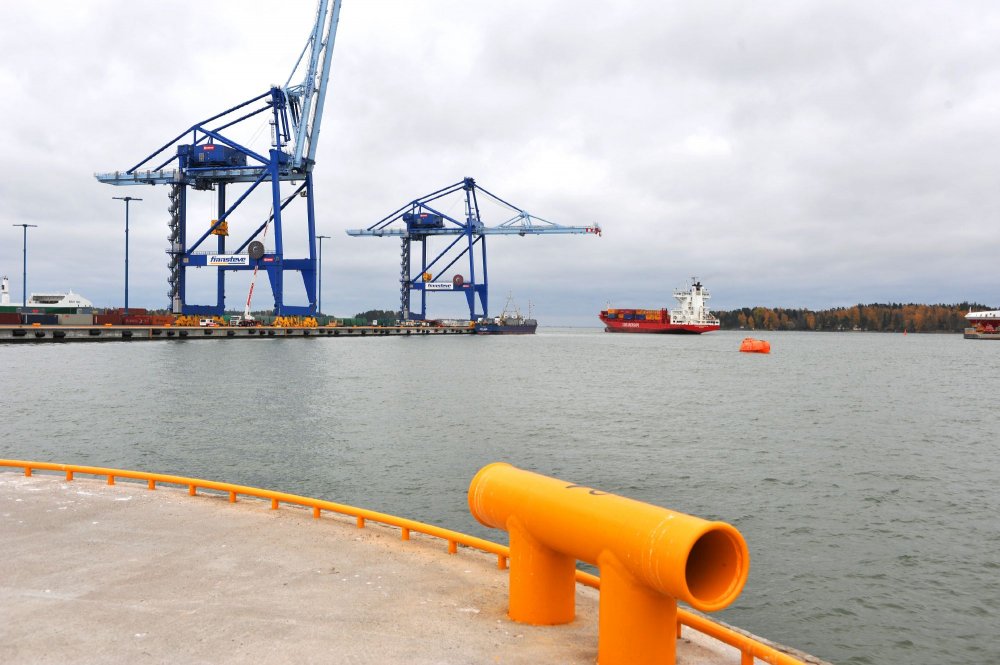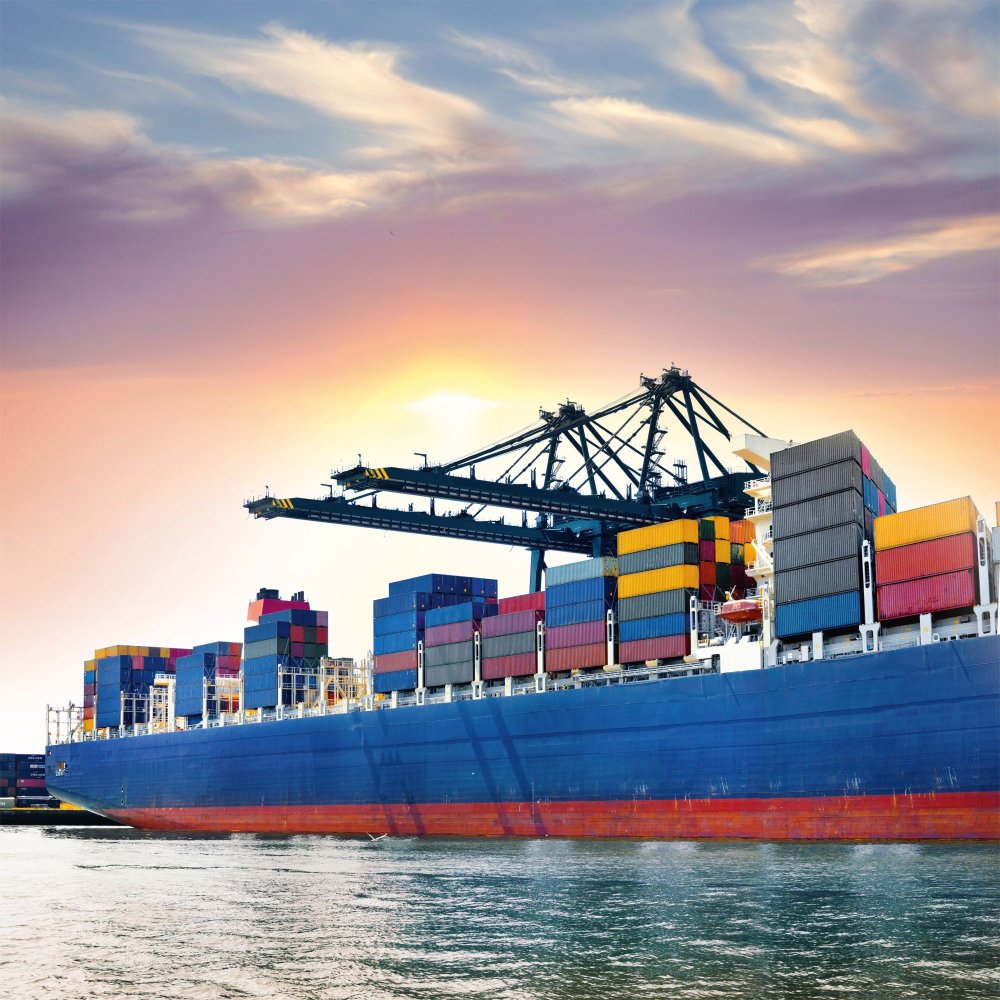PA Ship
News
Text: Mirka Laurila-Pant, Policy Area Ship Coordinator
Policy Areas Nutri, Hazards, Ship and Bioeconomy, alongside the CBSS and the Swedish Institute, collaborated to organize a workshop during the EUSBSR Annual Forum in Riga on October 4th, 2023. The workshop's overarching goal was to identify opportunities for future cooperation between the Baltic Sea region and Ukraine, emphasizing the empowerment of sustainable rebuilding. Future cooperation plans were discussed in four distinct roundtables that were conducted to address an environmental topic aligning with the EUSBSR's Save the Sea objective. Each roundtable was led by Policy Area coordinators (Nutri, Hazards, Ship, Bioeconomy), featuring a Ukrainian expert, a Baltic Sea Region expert, and a youth participant. PA Nutri coordinator, Elsi Kauppinen, summarized the workshop's common outcomes and provided an overview, which you can access here.
In this article, we would like to spotlight the key takeaways from the PA Ship roundtable discussion, which concentrated on waste management in ports and the sustainable transition to clean energy in shipping. The experts on maritime-related topics were Mr Sergiy Dudchenko (KSMA Kherson State Maritime Academy / KMSTC- Specialised Training Centre) and Mr Markku Mylly (MyNavix OÜ). The discussion was led by the Policy Area Ship coordinator, Ms Mirka Laurila-Pant. Furthermore, the discussion benefited from the support of an excellent youth participant, Mr Simon Jyrkäs, who added a fresh perspective and enthusiasm to the conversation. The other participants of the roundtable actively contributed in these discussions.
The discussion began by assessing the current state of waste management in Ukrainian ports within the context of Ukraine's ongoing EU accession efforts, considering the impact of the war on port infrastructure. It is evident that aligning with the environmental standards and practices necessary for EU membership poses significant challenges, which will require considerable time and effort to address. Ukraine possesses the requisite knowledge and expertise, as evidenced by its prior adherence to MARPOL requirements for waste reception across all categories. Nevertheless, there exists significant potential for further improving waste recycling practices. A key takeaway from the discussion on waste disposal in Ukrainian ports emphasized the importance of not only disposing of waste but also establishing and developing enterprises dedicated to processing waste for recycling purposes.
In the maritime and shipping context, it is imperative to consider the regulatory frameworks of the International Maritime Organization (IMO), the International Convention for the Prevention of Pollution from Ships (MARPOL), as well as EU regulations as integral components of Ukraine's EU accession process. When rebuilding Ukraine's port infrastructure after the war, it is crucial to adhere to all legally required aspects. For instance, this includes the incorporation of digital and electronic services as mandated by EU Directive 2019/883 (Directive on port reception facilities), which specifies that vessels must provide electronic notifications to the port regarding waste and cargo waste originating from the ship.
Certainly, it is essential to consider the uncertainty surrounding the duration of the ongoing war and the feasibility of enforcing EU regulations under these circumstances. Nevertheless, the war will eventually conclude, and preparations should be made to support Ukraine effectively. Bearing this in mind, it is important to note that Ukraine's reconstruction efforts should not solely focus on existing standards but should also consider future development. The conversation highlighted the increasing use of the area, such as the growing interest in constructing offshore windfarms. This is a crucial aspect to consider when planning sustainable rebuilding efforts, as it involves incorporating green energy sources into the equation. One of the challenges discussed post-war was the presence of submerged munitions in the Black Sea. It is worth noting that ongoing and upcoming efforts in the Baltic Sea Region could offer insights into addressing this issue in the Black Sea post-war.
As the workshop's focus centered on identifying opportunities for future cooperation between the Baltic Sea region and Ukraine, critical issues were raised. Ukraine is encouraged to participate as an observer in HELCOM working group meetings. This participation would enable Ukraine to monitor progress in the Baltic Sea region and potentially identify more efficient cooperation partners for projects that could contribute to Ukraine's reconstruction.
It is important to foster an open dialogue between Ukraine and the Baltic Sea region to exchange shipping and other area innovations and lessons learned. It is also useful to acknowledge that there are currently many EU and regional funding instruments with a special focus on supporting Ukraine (for example SI Baltic Sea Neighbourhood programme, which will have a call open 15 November 2023 and close 15 February 2024).
Contact to Policy Area coordinator:
Mirka Laurila-Pant / PA Ship
mirka.laurila-pant(a)traficom.fi





